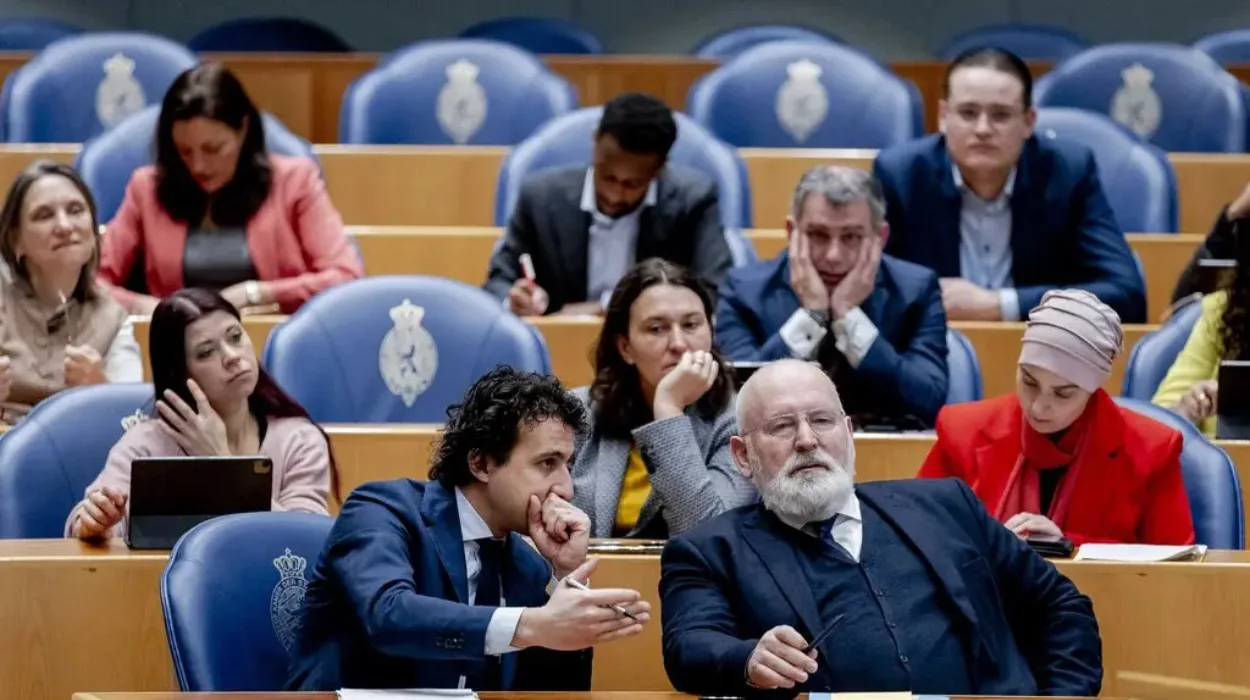Netherlands (Transatlantic Today)—Once dismissed as a polarizing far-right outlier, Geert Wilders has redefined Dutch politics by securing a decisive electoral victory in November. His Party for Freedom (PVV) captured 37 seats in the House of Representatives, marking a significant shift in a nation traditionally governed through coalition-building and consensus.
Wilders, a 25-year parliamentary veteran, has long been a contentious figure. Known for his uncompromising stance against immigration from Muslim-majority countries, his platform includes highly controversial proposals such as banning the Quran and mosques. Despite these positions, his latest win signals a growing normalization of far-right ideologies within the Dutch political mainstream.
A Fractured Political Landscape
The Netherlands now faces a test case for Europe as mainstream parties debate how to approach far-right leaders integrated into democratic institutions. Similar dynamics are unfolding in Italy and Sweden, while the far-right steadily gains ground in France and Germany.
Coalition talks with Wilders’s PVV have already seen remarkable developments, including the signing of a constitutional commitment among negotiating parties—a move designed to temper Wilders’s more extreme proposals.
Balancing Power with Ideology
While Wilders’s ascension reflects voter concerns about immigration, housing shortages, and national identity, his critics remain skeptical of his ability to govern effectively. His party structure centralizes power solely in his hands, raising questions about his willingness to compromise.
The coalition process, already fraught with setbacks, highlights the balancing act required to include Wilders in governance while safeguarding democratic principles. Though the path forward remains uncertain, Wilders’s rise underscores a larger European shift, where fringe ideologies are becoming political realities.
A Leader at a Crossroads
As negotiations continue, Wilders must navigate his dual identity: the combative opposition figure and a potential unifying national leader. Whether he can manage this transformation remains a pivotal question for the Netherlands and Europe.


























